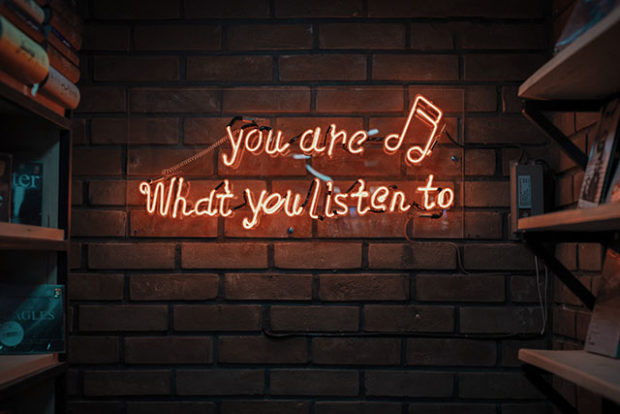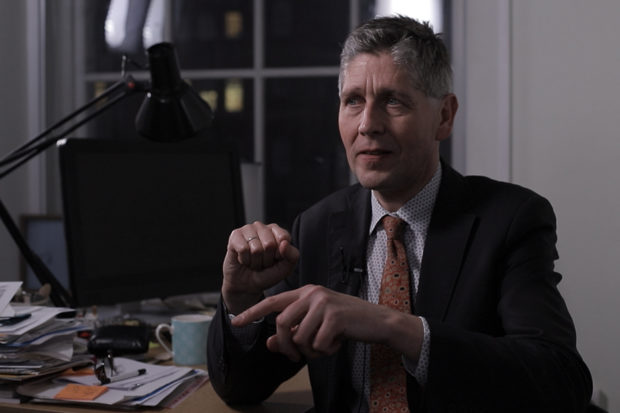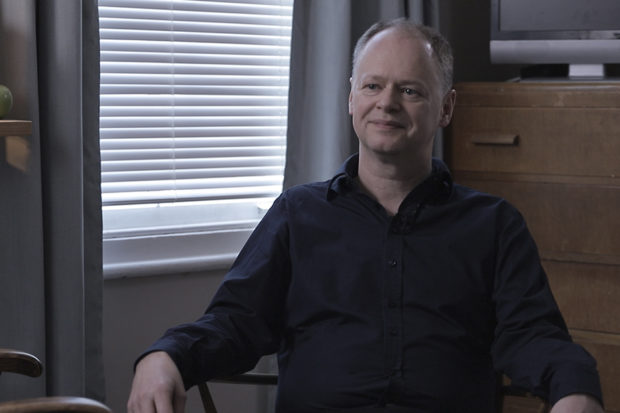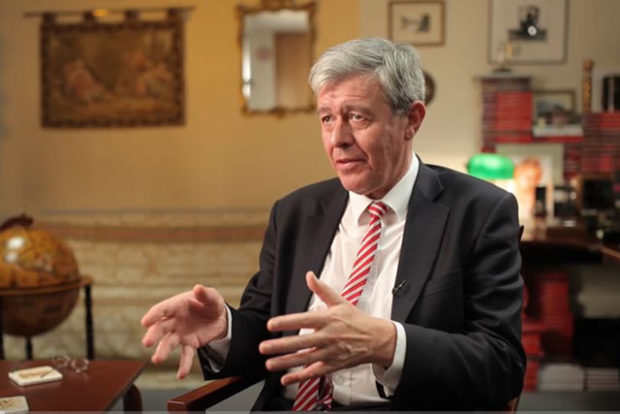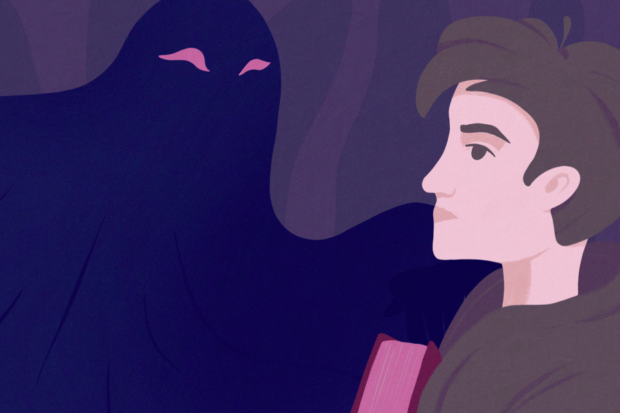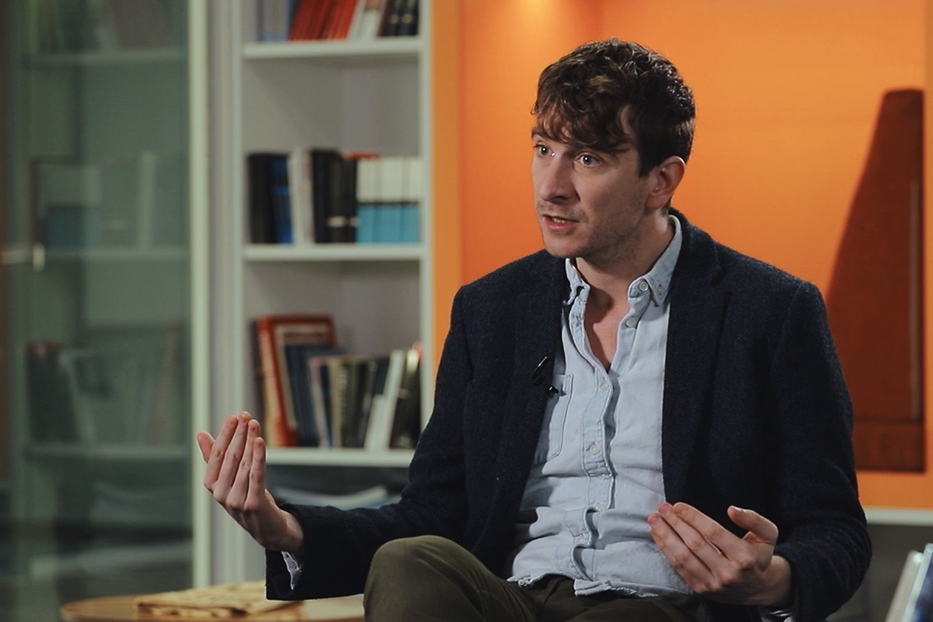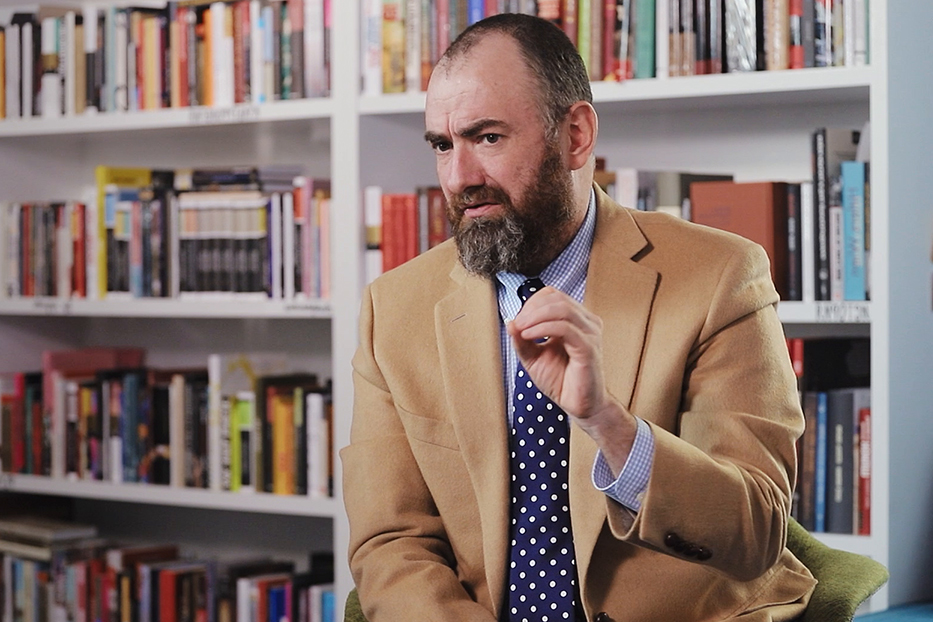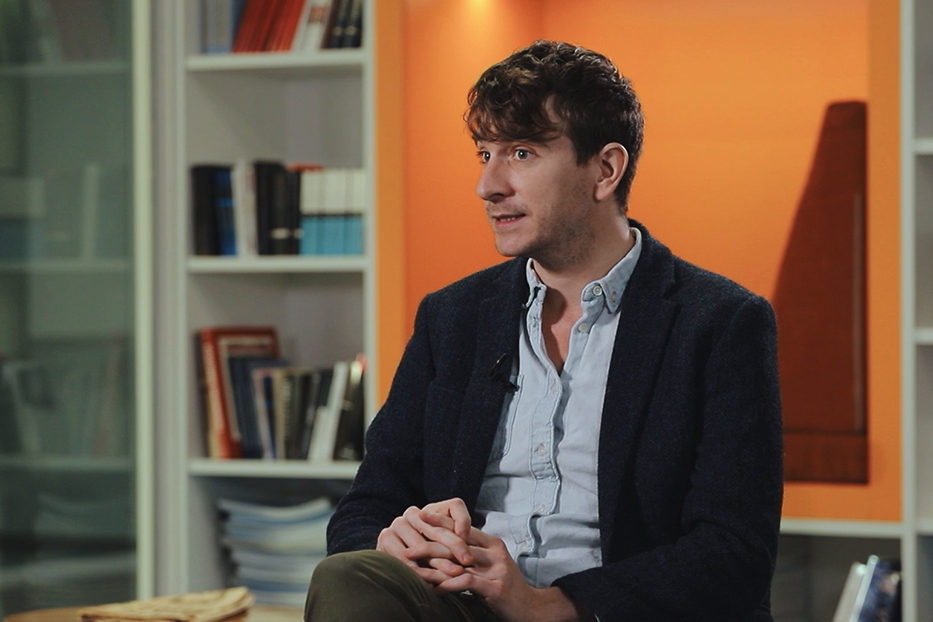Why does music get stuck in our heads?
Psychologist Lauren Stewart on earworms, their features and function
videos | August 30, 2019
It’s actually a very difficult question to answer even though we’re now at the end of several years of work where we’ve been investigating tunes in the head, earworms. I would say quite honestly that we actually still don’t know why music comes into our heads in this involuntary way. Some people think that this phenomena is becoming more common and that it’s because of us listening to more music these days. Music is so available on our phones, our music is all around us in public places, so we hear a lot of music compared to, say, a hundred years ago or something.

In terms of auditory objects in the environment, there’s very few that I can think of that would be as repetitive as music and contain so much repetitive structure. It may be this property of music that can explain why it’s music that essentially can get stuck in our heads rather than another form of auditory input. Of course, it’s not any bit of the music that tends to come to mind, it’s a particular hook. These tend to be the most repetitive bits, or perhaps there’s a certain memorable quality to the tone of voice or a particular rhythmic segment that’s very unusual.
As I said before, when we analyzed a set of tunes that were commonly reported as ear worms versus a control set of tunes that were matched for chart success and popularity and sometimes the artists themselves, what we found was that the commonly reported earworms were characterized by certain features that were a combination of predictability but also something quirky as well. I can’t go into too much detail, it’s all present in the paper, but essentially it seems to be like a ‘sweet spot’ that combines something that’s very expected and we can anticipate, but it’s not too banal, it’s got some interesting feature that’s distinctive.
In terms of questions that we haven’t addressed yet, one thing I’ve just been interested in knowing is whether or not ear worms have a function. Do they have a purpose that’s useful to us or not? Or they just an epiphenomenon to the fact that music is all around us and sometimes our memories of music essentially are triggered?
There’s a couple of examples that I have come across where people have reported that music has come to mind when they’re at this interesting state of consciousness. For instance, Oliver Sacks talks about how he once had a fall on a mountain in Norway. I think this is in his book ‘A leg to stand on’. He talks about how he gets stranded on the side of this mountain and he’s broken his leg, and the sun is going down, and there’s nobody around to help him. And he thinks: wow, I really better get off this mountain soon because otherwise I’ll die. And he could feel himself slipping away out of consciousness. And he said: at this point music came to me, and essentially he had this very vivid experience of musical imagery, and he used this music to provide a rhythmic impetus to essentially row himself down the mountain on his bottom. He very nicely describes how the music that he’d generated internally was a very strong force in driving his movement and allowing him to get down the mountain.

It’s all rather speculative because it’s based on these anecdotal accounts, but I found it really interesting. There were these only two, I haven’t systematically tried to collect anymore, but it could be suggesting a role for inner music in modulating mood and arousal which would mimic how we use actual music when we sit down and listen to music in real life, where we strategically choose music to either match or to change our state of arousal. So this is something that would be interesting to know in the future.
















